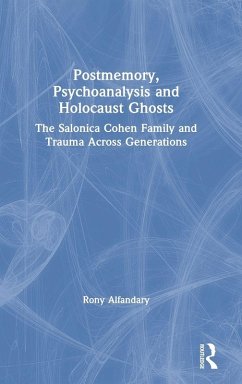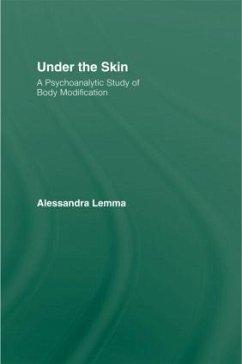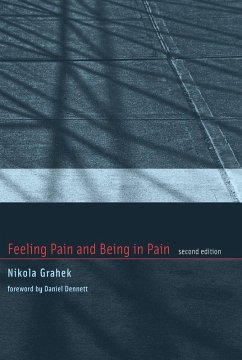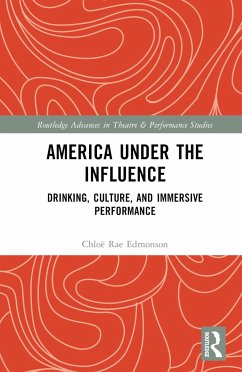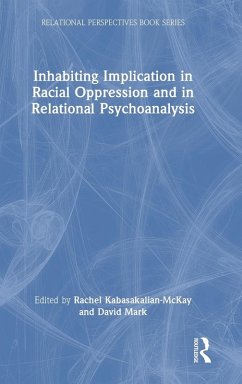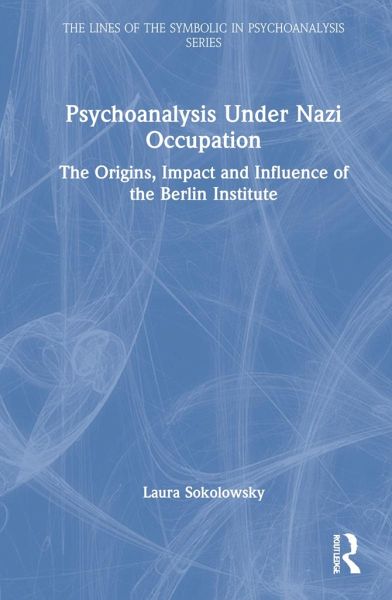
Psychoanalysis Under Nazi Occupation
The Origins, Impact and Influence of the Berlin Institute
Versandkostenfrei!
Versandfertig in über 4 Wochen
168,99 €
inkl. MwSt.
Weitere Ausgaben:

PAYBACK Punkte
84 °P sammeln!
Laura Sokolowsky's survey of psychoanalysis under Weimar and Nazism explores how the paradigm of a 'psychoanalysis for all' became untenable as the Nazis rose to power.





